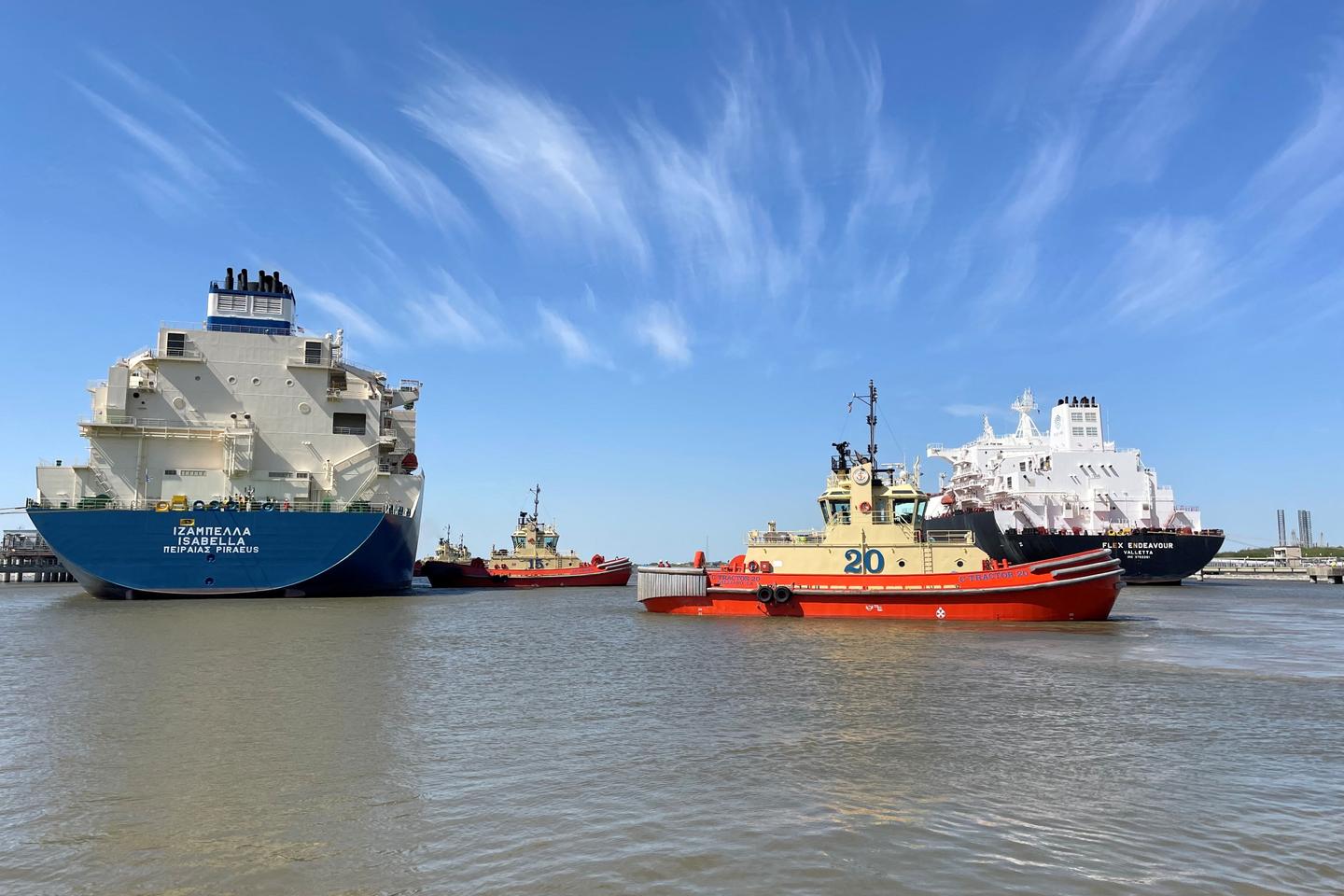


The day after his inauguration ceremony on January 20, 2025, Donald Trump is due to sign the end of the moratorium on liquefied natural gas (LNG) export projects decreed at the end of January 2024 by Joe Biden. This is more than a symbolic act. Did the outgoing president intend to assess the environmental impact of this activity? His successor could not care less, chanting "drill, baby, drill." Not content with deregulating the oil industry – extending his reach to Alaska's federal lands and the deepwater reserves – he has vowed to dismantle rules governing gas production, even those endorsed by Big Oil bosses such as Darren Woods (ExxonMobil) or Patrick Pouyanné (TotalEnergies).
An eternity has passed since that day in April 2016 when the first American cargo was delivered to Portugal's Sines terminal. In the meantime, the US has become the world's leading LNG exporter, largely to Europe. In an energy market turned upside down by the war in Ukraine, American LNG exports, along with those from Norway and Qatar, have made up for the loss of Siberian "blue gold."
LNG tankers loaded in Texas and Louisiana now provide almost half of liquefied gas imports for the European Union (EU), compared with 20% before the war in Ukraine. Is this a shift from one dependency to another? From Vladimir Putin to Trump? Europeans had rushed into the arms of the Russian dictator. Angela Merkel was in the lead, after having the bad idea of taking Germany out of nuclear power between 2011 and 2022, trapping its industry in a dangerous dependence on Gazprom, as our Le Monde colleague Sylvie Kauffmann explained in detail in Les Aveuglés: Comment Berlin et Paris ont Laissé la Voie Libre à la Russie ("The Blindsided: How France and Germany cleared the way for Russia").
The American president will be happy to recall his 2018 warnings that "Germany [was] totally controlled by Russia" via the Nord Stream 2 gas pipeline linking the two countries under the Baltic Sea. Berlin only woke up the day before the invasion of Ukraine. And Brussels a month later, when it concluded a more political than commercial agreement with Washington to increase American deliveries to 50 billion cubic meters a year by 2030 – a third of Russia's pre-war volumes. Two and a half years later, 16% of its imports still come from the Russian Arctic.
Bargaining
The Commission president wants to put an end to this vulnerability. In the name of their "common interests," Ursula von der Leyen has proposed a deal to the US: No tariffs on European products in exchange for more American gas. "We still get a lot of LNG from Russia and why not replace it by American LNG, which is cheaper for us and brings down our energy prices," she said on the sidelines of the Budapest summit on November 8, after a phone exchange with Trump.
You have 48.01% of this article left to read. The rest is for subscribers only.
